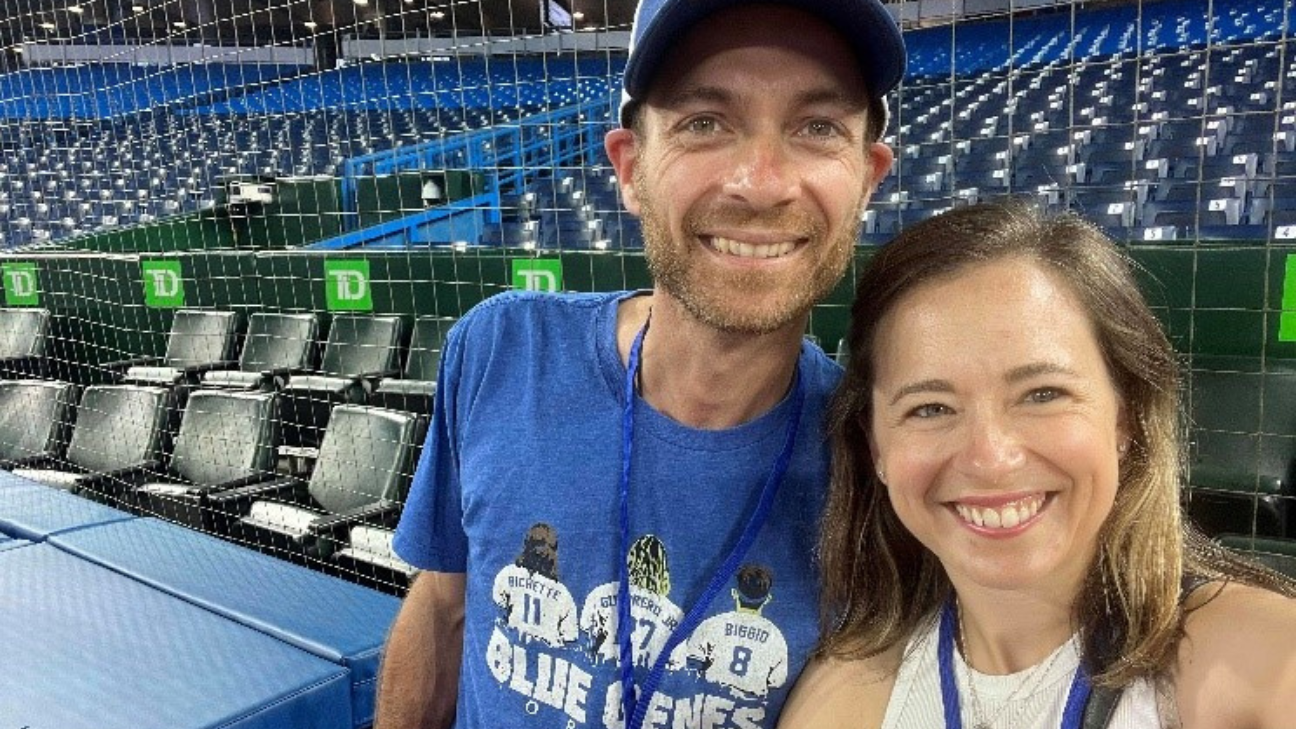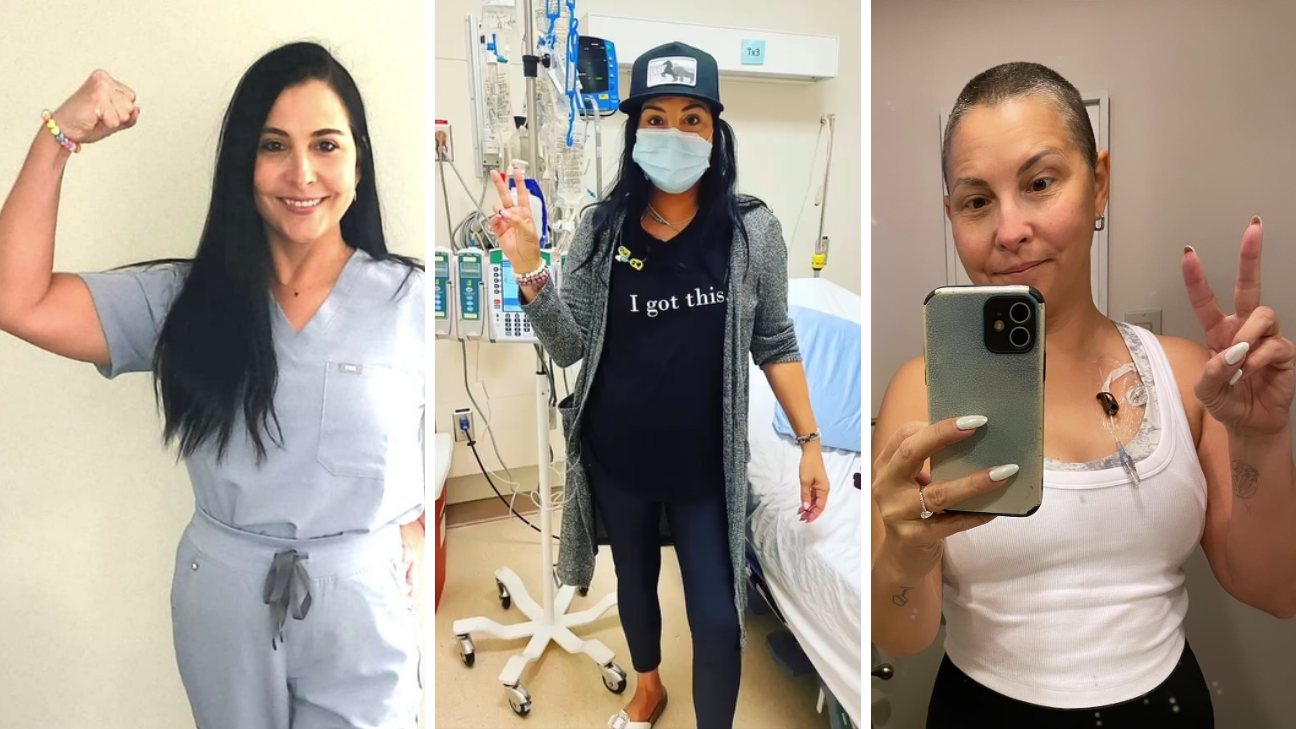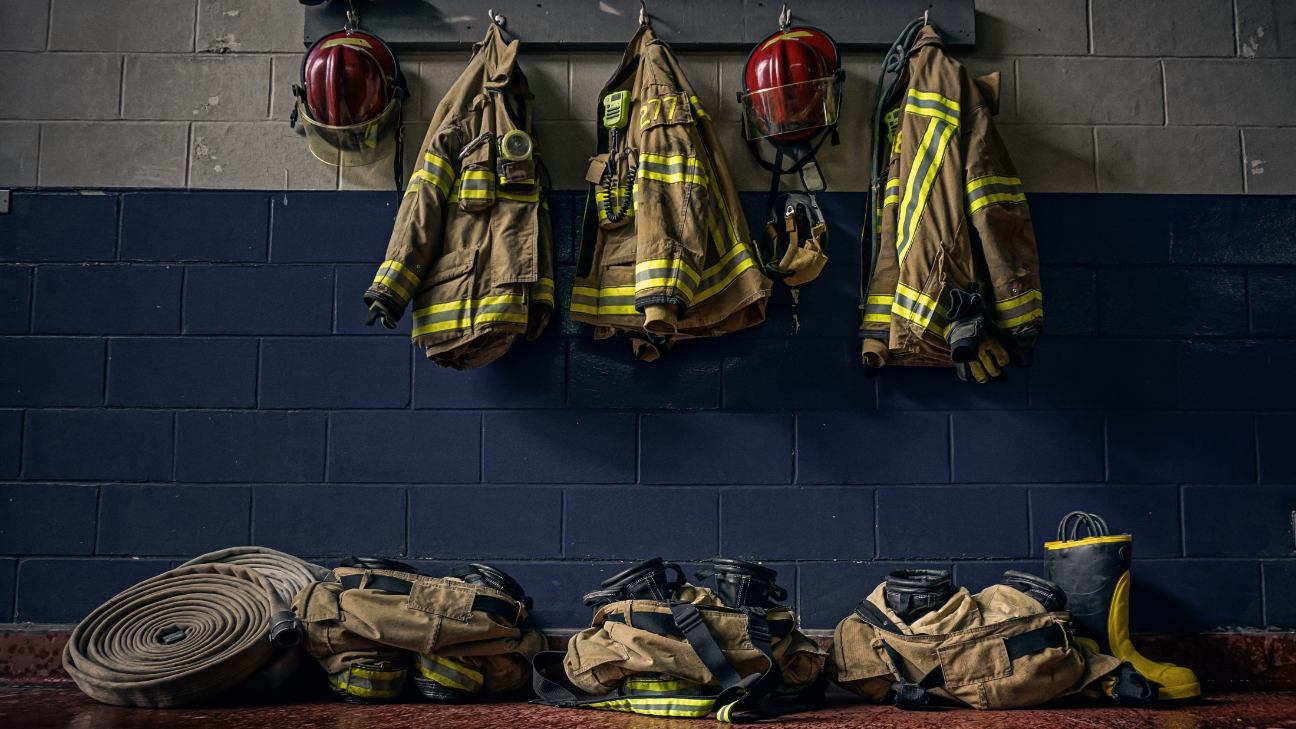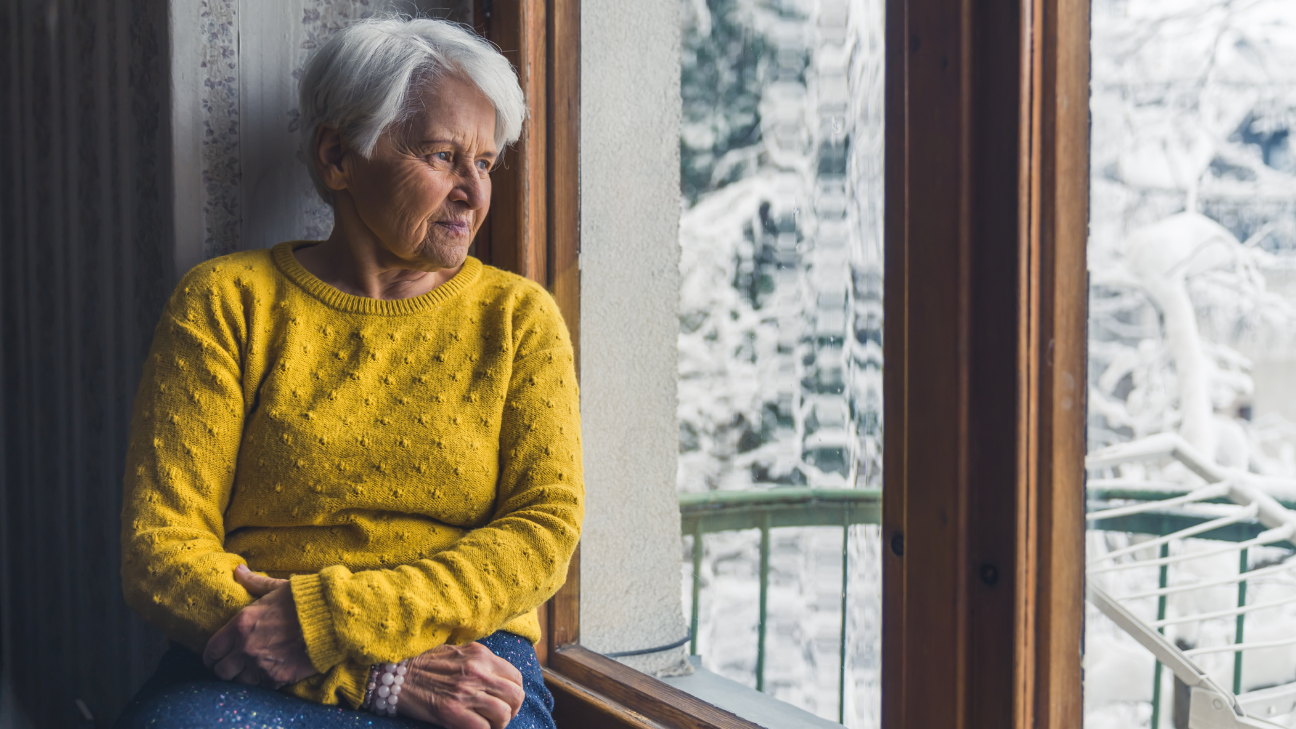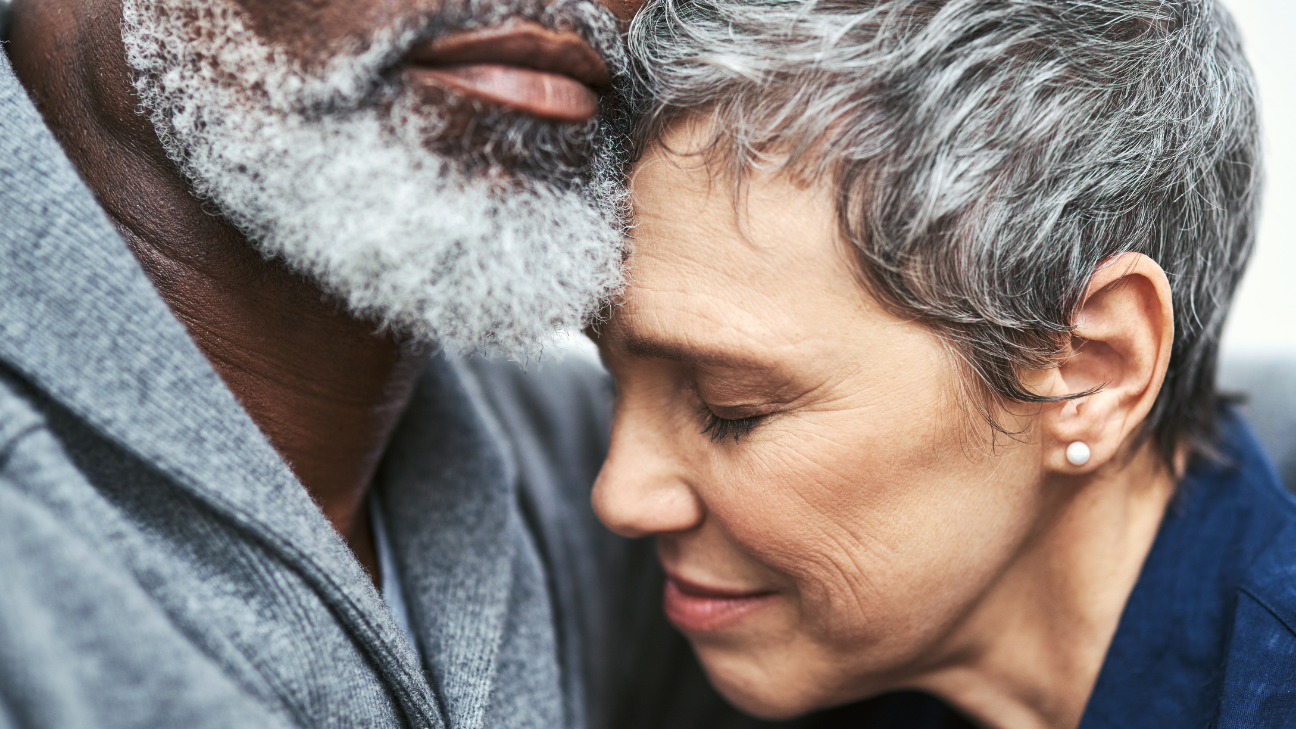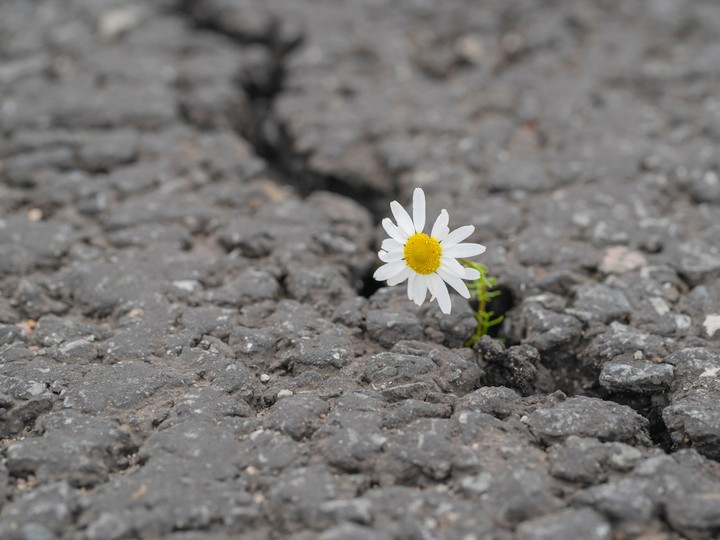kim recalls seeing a tiny flower peeking through the concrete while on a walk with her mother, reminding her that you can persist through the tough times. getty
did your mom have to go to the hospital to receive some of the support services?
no. everything was done at home — even her palliative doctor came to our house. her medication was shipped through a specialized pharmacy as well as the iv and the supplies needed, for the most part it wasn’t something we had to pay for, it was all available to us. i don’t know that everyone has those options, but everyone should because the outcomes are so different. towards the end of my mom’s illness, we did supplement a little bit with nursing care, but it was a small fraction of her total care.
that said, i worry about equity and access to care and services. we are a white, middle-class family living in downtown toronto, and we had excellent care. i sometimes wonder if i would have had the same experience if my skin colour was different, if i was in a different location, or if i had less education or a lower socio-economic status? i hope and wish that everyone has the same access to services because it’s what makes the biggest difference for families.
did you ever feel the financial impact of caregiving?
caring for my mom impacted me financially in other ways. it impacted my income and even if i were to have utilized the compassionate care benefits, they are not enough to make ends meet for a lot of families. i also learned that as soon as the person dies, the caregiver benefits provided by the federal government end the next day — i don’t know how caregivers can go back to work right away, i was not able to do that. the year of caring for my mom took such a toll on me. during this time, i didn’t have a full income. the cost of living and caring for an additional person in my home also hit me financially. towards the end, the stress levels prevented me from cooking and so we ordered in a lot. my mom also wanted to go on a trip, and while i didn’t have money for that, we went anyway because that’s what you do when someone is dying. it becomes more important.
 8 minute read
8 minute read









